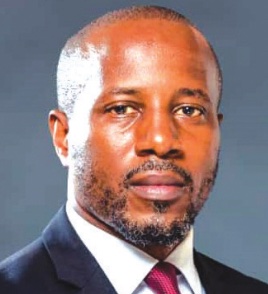
We’re gobsmacked: the finances of the City of Joburg are in a mess.
Specifically, it seems as though the smoke-and-mirrors shifting of funds may leave critical infrastructure programmes without funding.
The city is robbing Peter to pay Paul in the euphemistically labelled “sweeping” arrangement, which channels revenue from specific entities into the central coffers, from where it is redistributed to other areas, arbitrarily decided.
In the case of Joburg Water, this means that, while it has a credit entry of R4 billion on its books for revenue incoming, there is, actually, nothing in the bank, because the money has been moved to the central accounts.
The people and entities saying this are not opposition politicians or dodgy accountants, they are officials of the Office of the Auditor-General South Africa and National Treasury.
They have been jointly looking into the cash “sweeping” scheme and presented their findings to the parliamentary portfolio committee on water and sanitation.
The presentation identified a fundamental structural problem: municipalities run trading services, like Joburg Water, as departments rather than businesses.
National Treasury warned, ominously: “If the municipality continues to go on a trajectory that basically leads to the underperformance of its trade and services, they are not going to get the grants, they are not going to get the money.”
Even more alarming, it said the decline in service quality is negatively affecting economic growth.
“There’s no reason for investors, basically, to locate in our cities from other parts of the world because the performance of our water trading entities, such as Joburg Water, is not at peak level.”
Translation for the comrades running Johannesburg: You’re useless.
The whole edifice needs to be cleaned out and efficiency made top priority.
Otherwise, Joburg’s boast of being a “world-class African city” will continue to sound like a sick joke.
NOW READ: G20 summit road closures: These are the Gauteng roads to avoid this weekend



